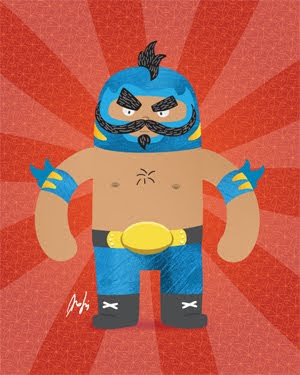My concern is this: whenever I come across these discussions about diversity on forums or blogs it tends to revolve around a very specific kind of diversity: representative demographic diversity. In other words, you need to have a carefully selected smattering of every skin color, every ethnicity, every gender and non-gender, and every sexual orientation. And if you just don't want to write stories containing representations of all those things then you're generally viewed as a racist/sexist/whatever-ist.
I've never seen anyone make that argument. Any example (i.e. link) to someone arguing that every story should have a representative sample of every demographic included in it? If anyone is making that argument, disregard them.
Another example that confuses me is when people talk about great female characters who are great because they are basically indistinguishable from a man, except that they have breasts. If male and female characters are supposed to be essentially the same, then why does it matter whether the character is a man or a woman? Aren't we then basically saying that the only important characteristic of a woman is her reproductive system? Isn't that sexist?
I've never seen anyone argue that any two characters, male or female, should be the same. Characters should be individuals, defined by the traits that make them such, whether male or female. This seems like a straw man to me, as with the "you need every demographic" argument, though maybe people are making those arguments and I just haven't seen it.
Representative diversity seems to generally revolve around physical and biological characteristics. Whereas I believe that diversity of thought, worldview, values and beliefs is much more important.
They're not mutually-exclusive. They're both important.
Nor do I think that every story that every author writes needs to be written in order to promote diversity. Stories are entertainment, after all.
I don't think anyone thinks this.
It's fine for authors who are concerned about diversity to work at it, but I do not think it is ok to pressure other writers who are just trying to have fun and improve their craft.
I see a lot of discussion about it. Not so much pressuring in fiction writing (as opposed to, say, television, where I think there is pressure. People simply speaking up and stating their opinions or their own practices isn't pressuring.


 Auror
Auror